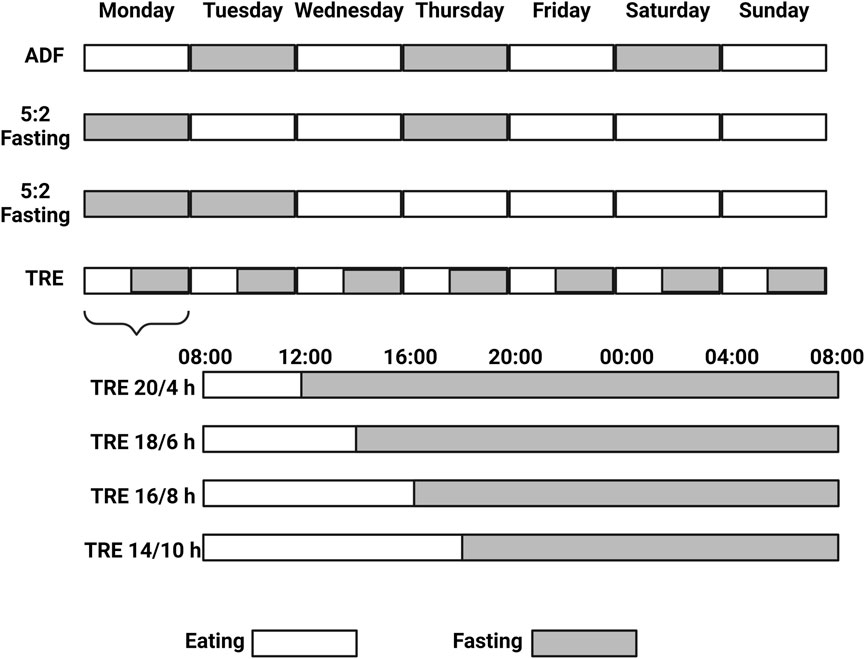
Your weekly longevity insights are here.
Insulin resistance speeds up biological aging—because, apparently, your metabolism keeps a grudge.
Looks like poor blood sugar control isn’t just about diabetes—it’s also fast-tracking your body’s aging process like it’s trying to meet a deadline.
Don’t keep longer a secret—share it with your friends!
This week in longevity:
🧬 FDA-approved drugs partially reverse aging in cells
🧠 Gene-edited stem cells offer new obesity treatments
🪵 Chewing wood might boost memory (yes, really)
💉 $250K longevity membership launches in NYC
⚡ Brain stimulation improves memory in Alzheimer’s patients
Plus, more longevity breakthroughs.
Read time: 5 minutes
THIS WEEK IN LONGEVITY
FEATURED
📉 Insulin Resistance Speeds Up Biological Aging

Source: longer / Midjourney
New research confirms that insulin resistance (IR)—a condition where cells stop responding well to insulin—accelerates biological aging. Scientists analyzed data from over 12,000 adults and found that higher insulin resistance correlates with an increased biological age, as measured by two well-known aging clocks. This adds to the growing evidence that poor metabolic health can make the body age faster.
What to know:
Insulin resistance and aging: Insulin resistance has long been linked to age-related diseases, but now researchers have confirmed it speeds up biological aging itself.
How they measured it: Scientists used the triglyceride-glucose (TyG) index, a common marker of insulin resistance, and compared it to biological age using two different aging clocks.
The results: A 1-unit increase in the TyG index was linked to a 1.64-year rise in biological age (Klemera-Doubal method) and a 0.40-year increase in another measure (phenotypic age).
Higher risk of faster aging: Those with higher insulin resistance had a 117% greater risk of accelerated aging on one aging clock and 15% on the other.
Who this affects: People with insulin resistance—including those with prediabetes, type 2 diabetes, or metabolic syndrome—may be aging faster than they realize.
Why it’s important: This study shows that insulin resistance isn’t just about diabetes—it’s directly tied to how fast your body ages. Managing blood sugar through diet, exercise, and lifestyle choices could be key to staying younger, inside and out.
FEATURED
💊 Diabetes Drug Shows Promise for Slowing Aging

Source: longer / Midjourney
A common diabetes drug, glibenclamide, may help fight aging by reversing key epigenetic (gene regulation) changes and reducing cellular senescence (when cells stop functioning properly). A new study in mice found that this drug not only improved lifespan but also reduced frailty and liver damage, suggesting it could be repurposed for anti-aging treatments.
What to know:
Why it matters: Cellular senescence is a major driver of aging and age-related diseases. Glibenclamide appears to slow this process by targeting metabolism.
How it works: The drug interacts with MDH2, a mitochondrial protein linked to aging. This helps reduce harmful senescent cells and may improve gene regulation.
Mouse study results: Older mice given glibenclamide lived significantly longer and had lower frailty compared to control groups. The drug also reduced liver fibrosis (scarring).
Comparing to other treatments: Its effects on lifespan were stronger than NMN (a popular anti-aging supplement), and it worked similarly to metformin but with different inflammatory effects.
What’s next: While human trials are needed, glibenclamide is already FDA-approved for diabetes, meaning it could be tested for aging-related treatments faster than new drugs.
Why it’s important: This research suggests that aging and metabolism are deeply connected. If glibenclamide’s benefits hold up in humans, it could become an accessible treatment to slow aging—without waiting for entirely new drugs to be developed.
💡Pro Tip: Want to dive deeper? Use tools like ChatGPT, Claude, or Grok to simplify complex studies. Copy, paste, and get a clear summary—it’s like having a personal research assistant.
IN THE SPOTLIGHT

Source: longer / Midjourney
1. Scientists Reprogram Aged Cells with FDA-Approved Drugs
Researchers have partially reversed aging in blood vessel cells using three small molecules—tranilast, valproic acid, and lithium carbonate. These FDA-approved drugs restored the ability of aging endothelial cells (which line blood vessels) to grow new ones, a function that declines with age and leads to heart disease. Unlike gene therapies, which face major delivery challenges, this small-molecule approach could offer a safer, more practical way to rejuvenate aging tissues.
2. Gene-Edited Stem Cells Offer New Hope for Obesity Treatment
Scientists have discovered how a variant in the FTO gene (which regulates body fat) affects muscle growth and obesity risk. Using CRISPR, a gene-editing tool that modifies DNA, researchers showed this variant helps build muscle early but later accelerates aging and insulin resistance, a key factor in type 2 diabetes. This breakthrough could lead to treatments that reduce fat without the muscle loss seen with current obesity drugs.
3. Chewing Wood Might Boost Memory, Study Finds
New research suggests that chewing on hard materials like wood for five minutes can increase levels of glutathione (GSH), a key antioxidant that protects the brain. In a study, participants who chewed wooden sticks showed higher GSH levels and improved memory compared to those who chewed gum. Since GSH helps defend against oxidative stress, this finding hints that eating tougher foods could be a simple way to support brain health.
LONGEVITY LAB
LONGEVITY LAB
The $250K Longevity Membership

Source: Olga Ginzburg for NY Post
A Manhattan clinic is now offering exclusive memberships for the latest anti-aging treatments.
Extension Health, founded by Dr. Jonathann Kuo, specializes in regenerative medicine—plasma exchange, neuro resets, and peptide therapy. Now, they’re introducing a $250,000 annual membership for those looking to optimize their health with cutting-edge treatments.
Luxury health trend or the future of longevity?
LONGEVITY SNAPSHOTS
WHAT ELSE YOU SHOULD KNOW THIS WEEK

Source: longer / Midjourney
🧠 Barrier Boost: Scientists restored a key protective layer of the blood-brain barrier (BBB) in aged mice using gene therapy. This repair reduced brain inflammation and improved cognition, offering hope for neurodegenerative treatments.
⚡ Memory Boost: Electrical brain stimulation improved verbal learning in one-third of Alzheimer’s patients in a small trial. Effects lasted up to eight weeks, showing early promise for cognitive recovery.
🧬 Klotho Boost: Gene therapy increasing Klotho protein extended lifespan in male mice but caused severe side effects in females. The treatment also improved muscle strength, bone health, and brain function, showing anti-aging potential.
🧬 Aging Clock: A new study confirms the CheekAge epigenetic clock accurately links biological age to 33 health conditions, including cancer and depression. The test, used by Tally Health, could help track aging and disease risk non-invasively.
🌍 Environment Matters: A major study finds environmental exposures impact mortality risk nearly ten times more than genetics. Experts call for a global effort to track and reduce harmful exposures.
WHAT WE’RE BOOKMARKING
📱 Social
🎧 Podcasts
📰 Articles
⚙️ Tools to Try
Thanks for reading.
What did you think of this week’s newsletter?
See you in the next issue.





